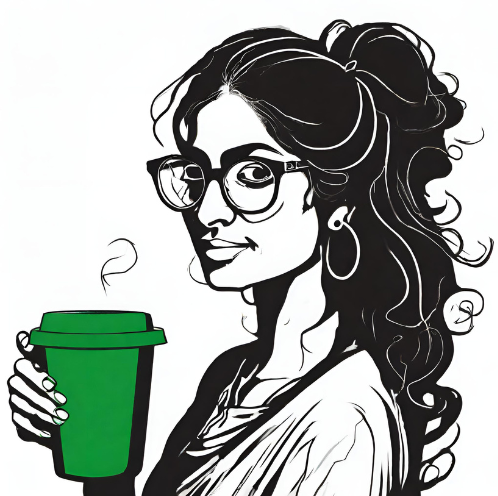Names of the Authors: R Raj Rao and Dibyajjyoti Sarma (Editors)
Year of Publication: 2009
No. of Pages: 264
Publisher: Sage
About the Book:
The book is a collection of twenty one interviews of people from the LGBT community. Most of the people in it are from India but the few foreign nationals representing the rest of Asia and Europe are also in someway or the other deeply connected to India as tourists, academicians or residents.
The editors have written a powerful introduction and the book serves as a worthwhile read just for the introduction.
With respect to the interviews, each person has been provided the free space to express in terms of what is of important to them in their life. The editors have given them the space to direct the interview to cover issues that are of relevance to them. Some questions were common across the different interviewees but the responses were personal and experiential. There did appear a clear class divide in terms of the questions as well as the direction that the interviews took. This may have been deliberate. The more educated and socially active interviewees were asked to reflect upon literature that they had read and share their perspectives on politics, much more than the less educated and lesser earning interviewees were asked to do. All in all it makes for an interesting read although at times, I did wish that these were written as story narrations rather than in question answer form.
A major problem I faced in reading the book was the order in which the interviews were arranged. The editors have done a remarkable job in approaching people from different social strata. There is Maharashtrian predominance yet, there is great heterogeneous representation in terms of class, caste, and religion. This makes each interview varied from the next and the common thread between the each successive interview is missing. You keep jumping from mundane descriptions of everyday life to deep academic discourse and back to very common sense based, at times even prejudiced understanding of society and alternative sexuality. If this has been deliberate, then the point has been lost on me. The other trouble is that twenty one is one too many. After ten, I wanted the book to end. So I started reading interviews at random. But by the end of it, I just wanted the book to be over because it was all too much to take! I wish the book had concluded with some discussion by the editors, but it ends abruptly with the last interview. I guess it was too much for the editors as well.
Favourite Quote:
None
Final Analysis:
If you are interested in non-fiction work, alternative sexuality or in understanding the everyday life of the homosexuals in India, you should read this. It is a serious book, on a serious theme. Not for frivolous reading or titillation.
